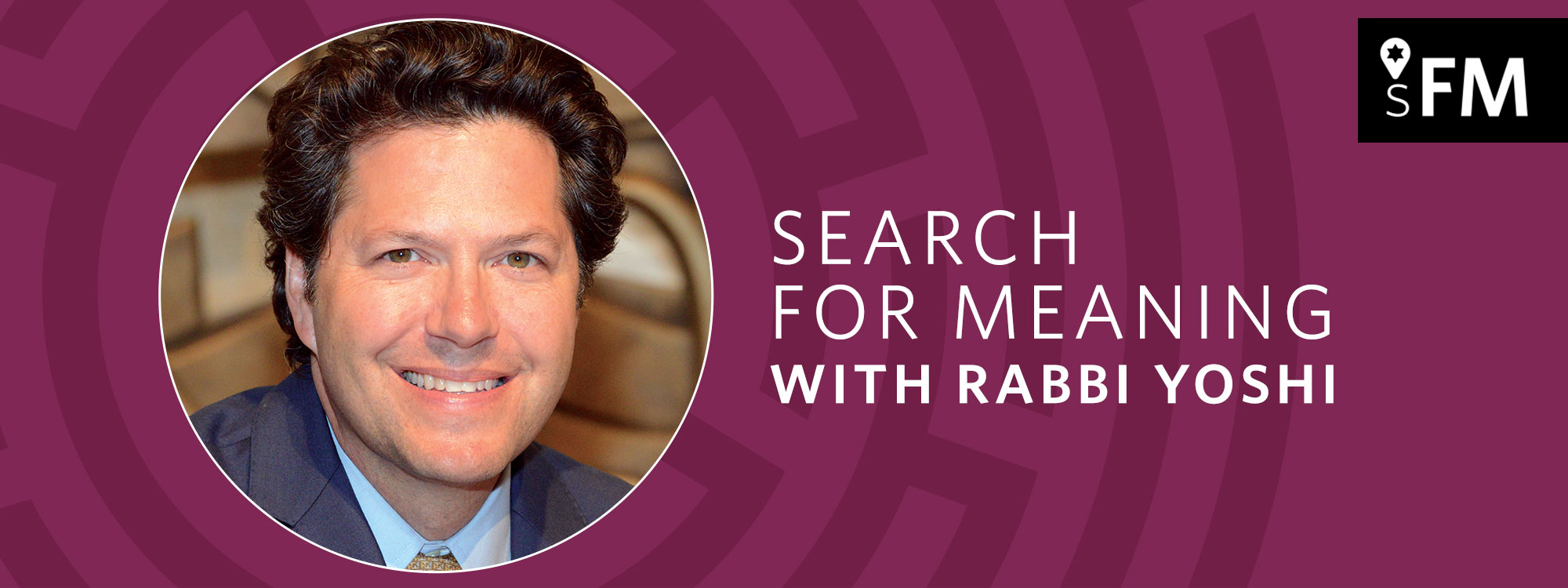The past two weeks saw elections both in Israel and the United States. Whether pleased or distressed by the outcomes, we should celebrate the incredible privilege we enjoy of being able to participate fully in our democracy. We know as Jews that this has generally not been the case throughout our history. Despite our quite justified concerns about growing antisemitism in our nation, we musn’t forget how extraordinarily blessed we continue to be here in America and how fortunate we are to live in a time when a strong, vibrant State of Israel exists.
Still, in the wake of such civic moments, with so many candidates and voter propositions in play, there are invariably disappointments as well as victories. Some of the candidates we care about lost. Some of the outcomes of these elections may potentially threaten values that matter deeply to us. Not surprisingly, this week’s Torah portion provides wisdom and comfort in its very first verse:
“The ETERNAL appeared to [Abraham] by the oak-trees of Mamre; he was sitting at the entrance of the tent as the day grew hot.” (Genesis 18:1)
Why does the Torah mention these details about where Abraham sat and the temperature at that time? The commentators teach that this displays a core element of Abraham’s character. On a hot day, one would expect him to be inside the tent, enjoying its shade. Instead, he sits at the entrance, looking out. Why? As Rashi, the great medieval commentator teaches: “that he might see whether there were passers-by and invite them in.”
Abraham works actively to remain open to outsiders—to strangers—who might, especially on a warm day, appreciate his hospitality. And that’s just what happens. Three men happen by and Abraham invites them to enjoy a cool drink, a bite to eat, and some shade. Sarah and Abraham together prepare a sumptuous meal for the strangers. The lesson is clear: To be descendants of Abraham and Sarah is to remain open to the Other, welcoming and hospitable to all those we might encounter.
In a time of deep divisions, it’s easy to retreat to our “bubbles,” to vilify others with whom we disagree, to avoid rather than embrace the stranger. Even—and perhaps especially—in times of heated debate and conflict, we would be wise to follow Abraham and Sarah’s example, remaining open to others with whom we might disagree, treating all those we encounter with dignity and respect while demanding the same in return. If we and all of our fellow citizens and elected officials could emulate these qualities, how much more united would we be as a nation?
Shabbat Shalom,

Rabbi Yoshi

